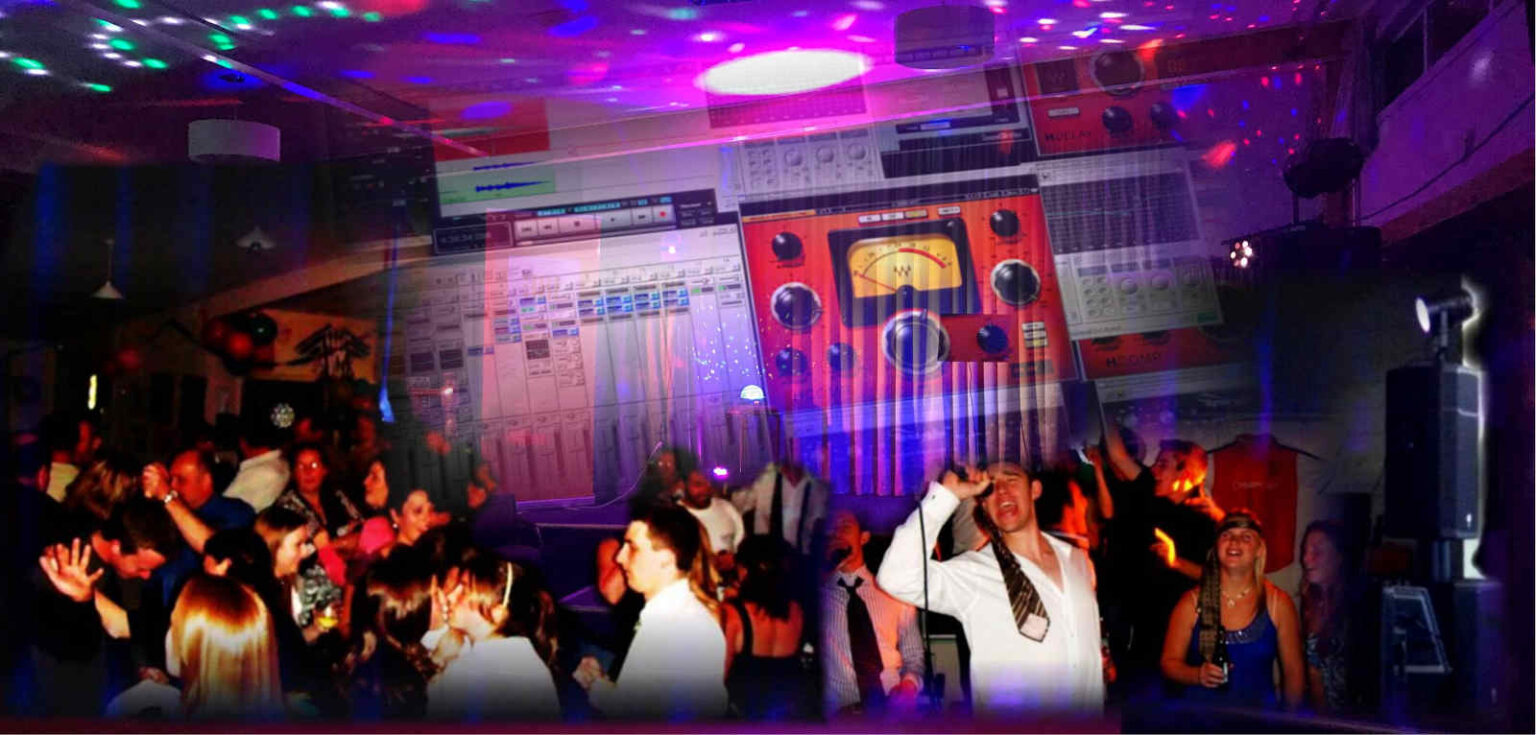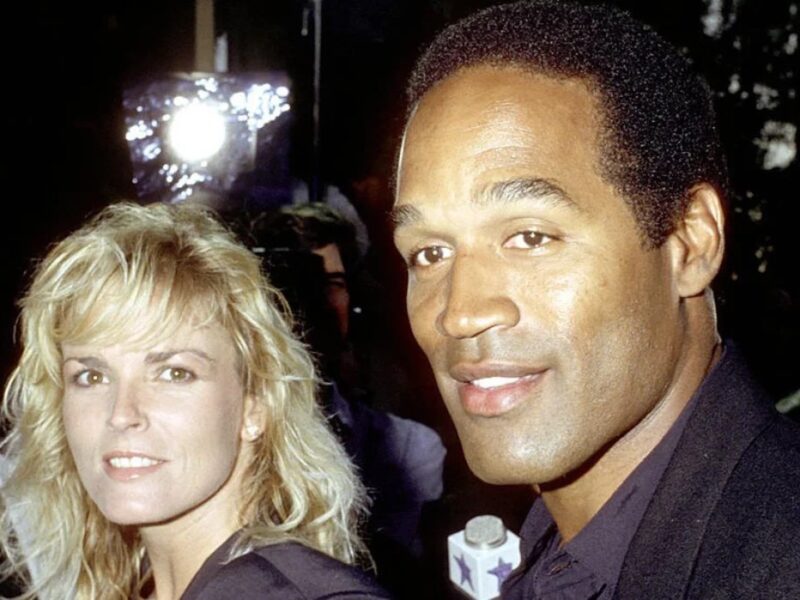
Why are your chances of being murdered in karaoke bars so high?
Are you aware that your choice of karaoke song could potentially have dire consequences? In the Philippines, a chilling pattern has emerged involving the legendary Frank Sinatra’s hit song, My Way. This all-time favorite karaoke classic has now become synonymous with a series of tragic events, turning an innocent night of entertainment into something much more ominous.

A Dark Symphony Unfolding
The air at Filipino karaoke bars often resonates with the sound of enthusiastic renditions of My Way, a chart-topper since its release in 1969. Yet, it appears that performing this song might be fraught with danger.
Tragically, over a decade, several individuals lost their lives while singing this very tune, earning it a grim nickname: the My Way Killings. From disputes over singing styles to fights over the microphone, the song seems to be a common denominator in various fatal incidents, painting a surreal and dark backdrop to its lyrical defiance.
This phenomenon isn’t just a collection of isolated incidents. Names and faces have marked these tragic events, with stories ranging from heated disagreements to impulsive acts of violence.
In 2007, Romy Baligula’s life was cut short during his performance of My Way in a San Mateo karaoke bar, a disagreement over his tune spiraling horribly out of control. Fast forward to 2018, a birthday celebration in Manila turned tragic when Jose Bosmion Jr. was fatally stabbed amidst a dispute over the infamous song.

The Song that Silenced Many
Such events are not mere anomalies. Reports indicate that by 2019, the death toll linked to this song had reached an alarming figure. Esquire noted that the fatalities were not confined to a single-digit number, raising concerns and fear amongst the locals. Consequently, many karaoke bar owners have decided to erase this song from their playlists, aiming to curb the escalating violence connected to it.
As the sun sets, the vibrant streets of Manila turn into a bustling hub of nightlife activities. Yet, the echoes of My Way have somewhat dampened the spirit of karaoke, a staple in the Filipino nightlife. In 2018, the government intervened, imposing a 10 pm curfew for karaoke bars, although it remains unclear if this move was a direct response to the My Way Killings.
Despite its iconic status and cherished place in the annals of music history, many locals now shy away from performing My Way in public, haunted by the grim stories associated with it.
The lyrical grandeur of the song, once a source of inspiration, seems to evoke an air of arrogance, possibly fueling conflicts amongst the performers and audiences alike. Rodolfo Gregorio, once a fan of the song, decided to exclude it from his karaoke playlist, fearing the potential repercussions.
Butch Albarracin, a singing school owner in the region, suggests that the lyrics’ pompous nature might instigate tensions, masking one’s failures and instilling a false sense of grandeur.

Seeking Harmony Amidst Discord
In a society grappling with the echoes of violence, the My Way Killings have opened up a broader dialogue about societal norms and the triggers that potentially break them.
Roland B. Tolentino, a pop culture expert from the University of the Philippines, perceives this phenomenon as a reflection of deeper societal issues, where karaoke acts as a catalyst, revealing the existing undercurrents of violence when certain social norms are disrupted.
As the melody of My Way weaves through the tapestry of Filipino culture, it leaves a trail of conflicting emotions and tragic tales.
What once stood as a symbol of triumph and individualism, now mirrors the darker aspects of society, revealing the fine line between entertainment and conflict, passion and obsession. This transformation of a beloved song into a harbinger of tragedy is a complex narrative that intertwines with the cultural fabric of the Philippines.
As we traverse through the evolving narrative of My Way, one can’t help but ponder: Could this phenomenon be a stark reminder to tread the path of harmony, fostering camaraderie rather than discord in the spirit of music?







